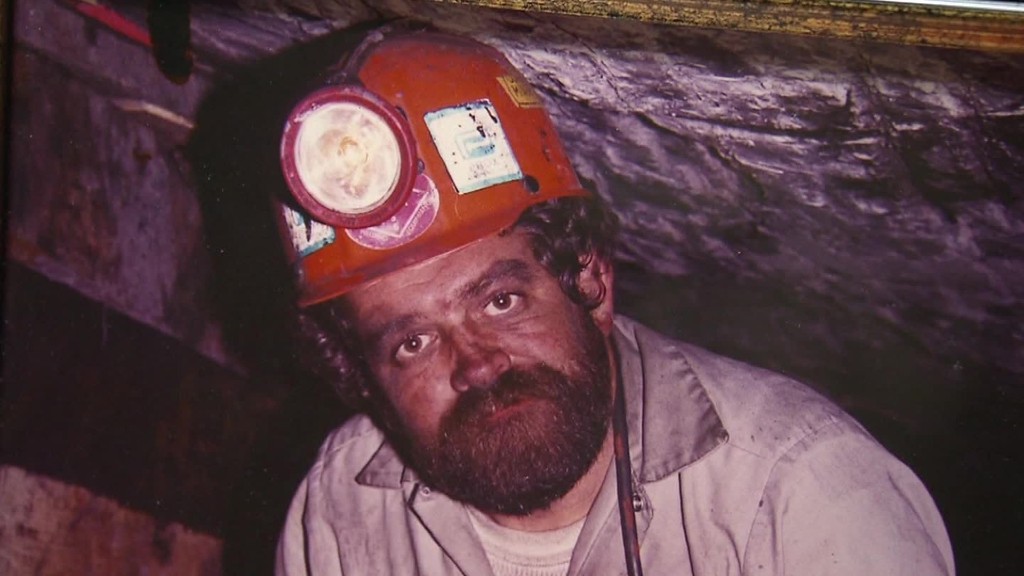
For Dr. John Cullen, work days at his Valdez, Alaska, medical practice are highly unpredictable.
Winter is brutal in Valdez, a town of 4,000 people located about a six-hour drive from Anchorage. Average snowfall is just over 300 inches and the wind gusts can be extremely dangerous.
"I couldn't go outside last week because the wind was blowing 90 miles per hour," said Cullen.
But he kept the office open. He had to.
"We're the only game in town," he said. "We take care of the entire community."
Related: Why it's so hard to replace Obamacare
Cullen, 53, is one of four family physicians at the Valdez Medical Clinic, the only doctor's office in town. The clinic handles up to 10,000 patient visits annually -- from newborns to the elderly and chronically ill.
"We deliver babies via C-section if needed. We do our own ultrasounds, colonoscopies, appendectomies and cover ER situations, too," said Cullen.
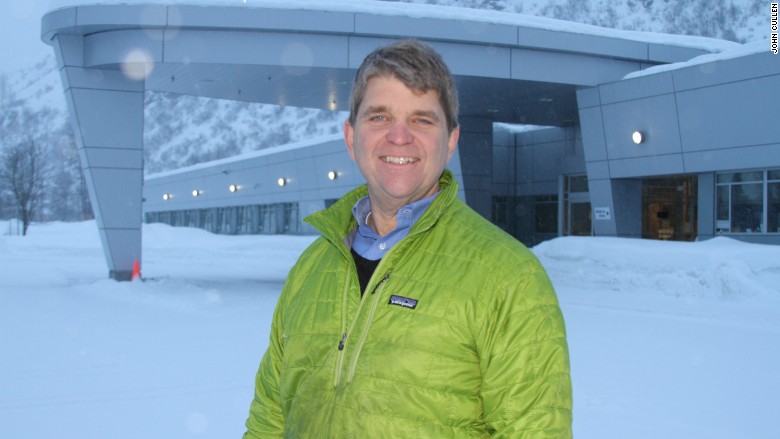
The clinic is a classic example of how healthcare has long been delivered as a one-stop shop in rural areas.
At this medical practice, it's rare for someone to be turned away. "We've done it for things like forging prescriptions, but never for not being able to pay," he said.
Related: Obamacare touches just about everyone
Before Obamacare passed in 2010, one out of every five patients seen at Cullen's clinic was uninsured. "We were losing $250,000 a year," he said. Seven years later, many of the town's residents have gained coverage through the exchanges or through Medicaid and uncompensated care at the clinic has fallen by 70%, he says.
Across the nation, the uninsured rate dropped to 8.9% in the first half of 2016, down from 14.4% in 2013 when the exchanges first opened and Medicaid expansion took effect.
Cullen worries that if the Affordable Care Act is repealed, he will start seeing more uninsured people again.
Overall, some 20 million people are insured under Obamacare provisions, such as the individual health insurance exchanges, the expansion of Medicaid and the ability of children to stay on their parents' plans until age 26.
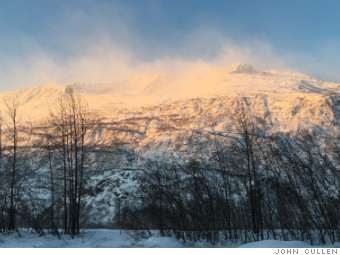
But in many states, including Alaska, the exchanges have become a doubled-edged sword.
Only one insurer remains on the individual exchange in Alaska, down from three at its peak. It's the same situation in Alabama, Oklahoma, South Carolina and Wyoming. The idea with exchanges was to offer more than one carrier in order to increase options for consumers and bring down prices through competition.
"With just one insurer left, the cost of buying insurance through an exchange will go up," said Cullen.
Federal subsidies for some of his patients have allowed them to be able to afford coverage. Without them, those patients would be paying nearly half of their income in insurance premiums, he said.
Related: What doctors think about the Affordable Care Act
Physicians, especially primary care doctors like Cullen, have touted other benefits of Obamacare as well.
Doctors say people are regularly coming in for checkups and are less inclined to skip follow-up treatments and medication.
"As a doctor I would much rather diagnose a problem early than try to treat it when it's further along," said Cullen. "Outcomes are better for patients and it's less expensive for everyone, even insurers."
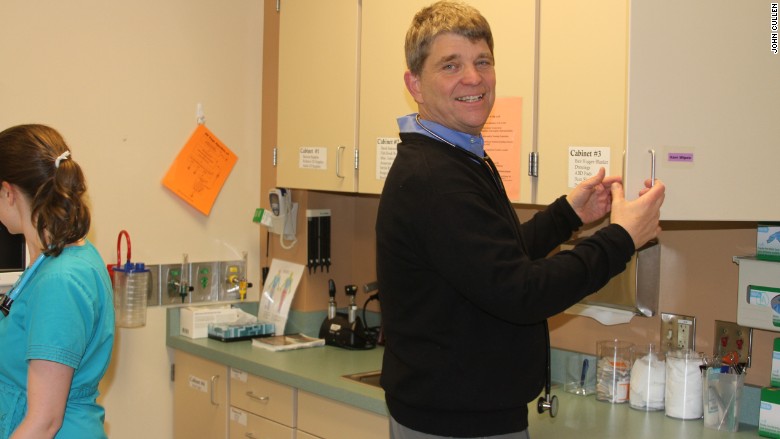
Earlier this month, four large physicians groups representing nearly 400,000 health care practitioners, sent a joint letter to Congress urging caution in repealing Obamacare. "We are concerned that such actions would have a profoundly negative impact on our health care system and the more than 200 million people who currently have health care coverage through the individual, small group, and employer-based markets, as well as Medicaid," the letter said.
They urged lawmakers to ensure that repealing Obamacare doesn't result in an increase in the number of uninsured, a reduction in the subsidies to help people afford coverage or the removal of protections that prevent people with pre-existing conditions from getting coverage.
Cullen came to Valdez 23 years ago after finishing his residency in family medicine at the University of California, Davis. "[Valdez is] one of the most beautiful places I've seen," he said.
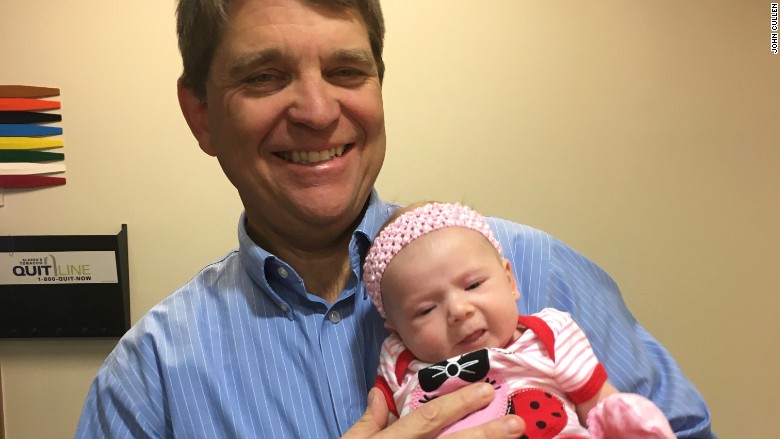
The town's residents work in three main industries: oil (the Trans-Alaska Pipeline System ends in Valdez), commercial fishing and tourism. The U.S. Coast Guard also has a base there. These jobs provide health insurance to a large part of the community. But in recent years, more low-income residents have gained coverage through the exchanges or Medicaid expansion.
Related: Health care battle cheat sheet: Democrats vs. GOP
One patient who finally bought coverage through the exchange came in for a colonoscopy. Cullen found a few polyps. "Any one of these could have turned cancerous. We found them early and this matters," he said.
Another patient was a young mom with Type 1 diabetes. "She was barely getting by getting medications. We were buying them for her and now she has coverage," he said.
These are people Obamacare saved, he said.
"We have no idea what type of plan will replace Obamacare," said Cullen. "I have a lot of loyalty to this community. I've delivered their babies and watched them grow. I don't want to see people go without insurance again."
-- Doctors: Did you stop accepting private insurance after Obamacare? And how did Obamacare impact your medical practice? Share your story with CNNMoney here - parija.bhatnagar@turner.com.



